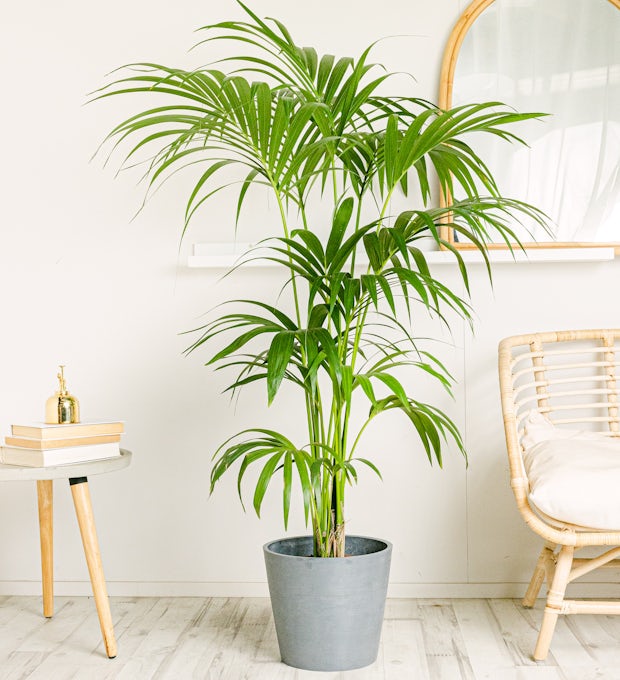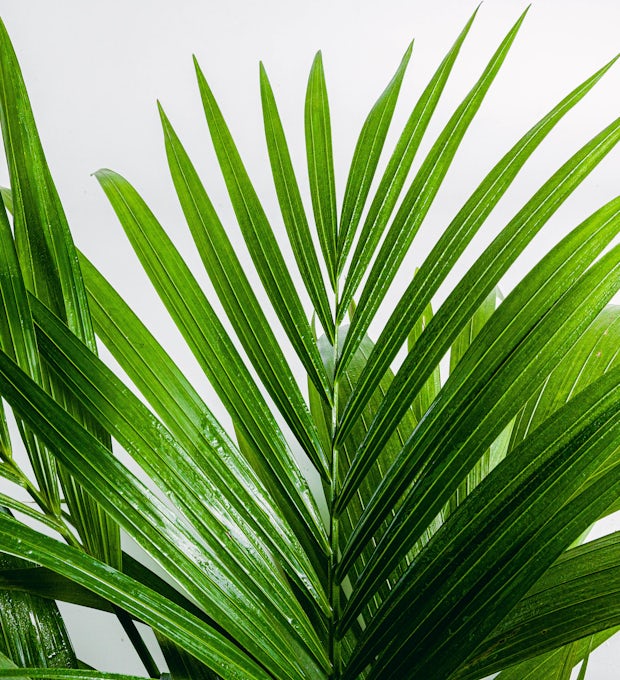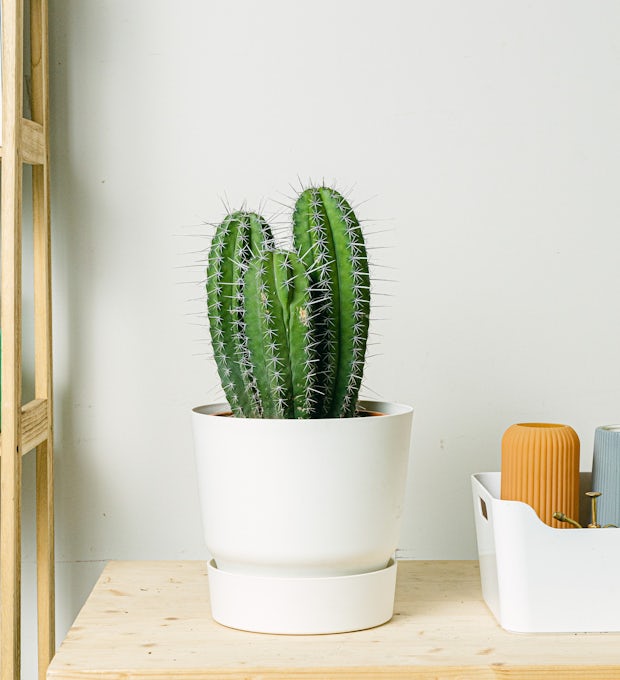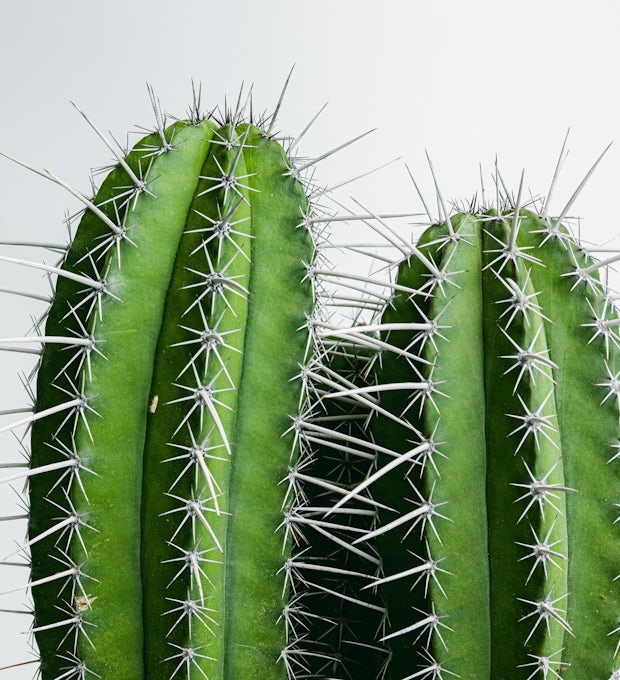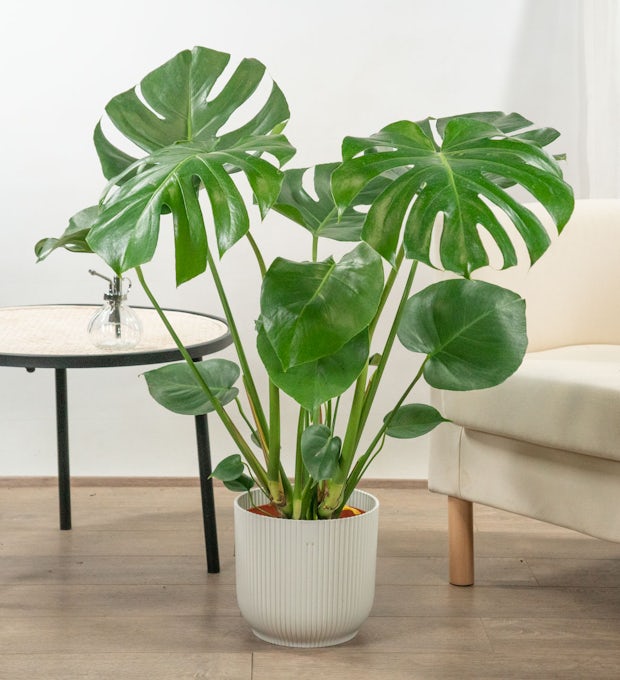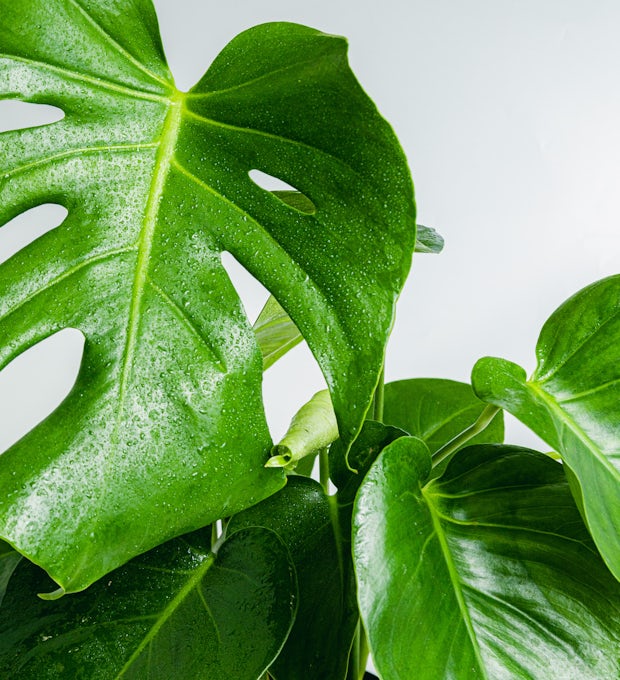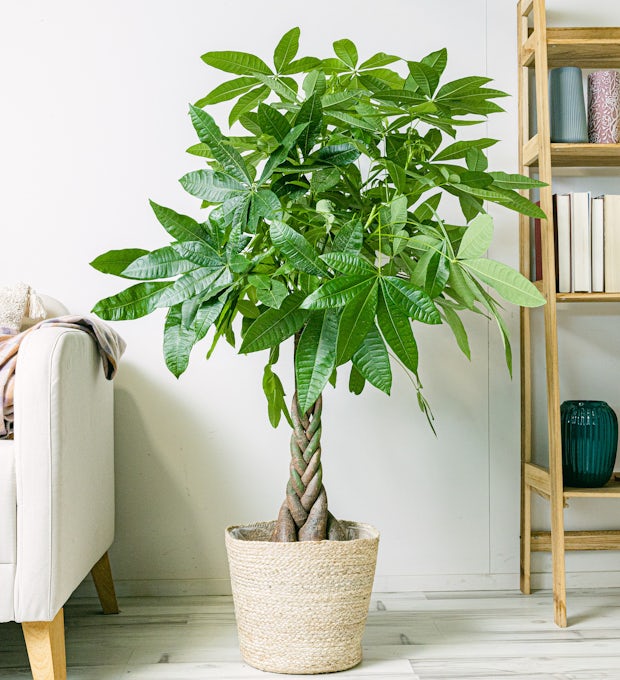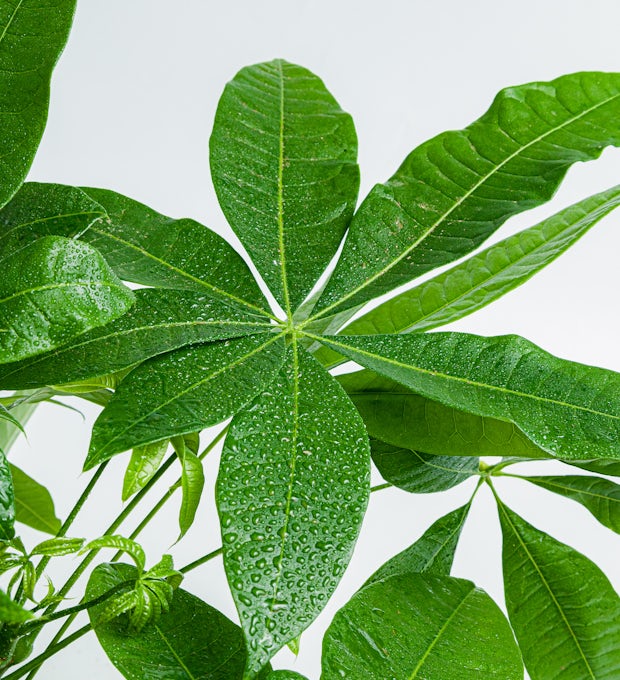If you're looking to bring a touch of freshness and life to your home, houseplants are a great option. In addition to being decorative, many of them also have health and wellness benefits. However, choosing the perfect plant for your home and pets can be challenging. It's important to consider factors such as the size of your home, safety for your pets, and your plant care skills. In this article, we'll give you tips on choosing the ideal plant for your needs and provide you with information on the safest plants for your pets, the easiest for beginners to care for, the ones that purify the air, and much more. Read on to find out how to choose the perfect houseplant for you!
Choose a plant that fits the size of your home
When it comes to choosing a houseplant, it's important to consider the size of your home. If you have a small space, it's best to opt for more compact plants that don't take up too much space. On the other hand, if you have a large home, you can choose larger, showier plants to fill the empty spaces. Additionally, you should consider the amount of natural light your home receives. If you have a dimly lit room, it's best to choose plants that don't need a lot of sunlight to grow. On the other hand, if you have a room with a lot of light, you can opt for plants that require more sunlight. You should also consider the humidity in your home. If you live in a dry climate, it's best to choose plants that don't require a lot of humidity to survive. On the other hand, if you live in a humid climate, you can opt for plants that need more moisture to grow. In general, when choosing a houseplant that fits the size of your home, you should consider its specific needs for light, water, and humidity. This way, you can make sure your plant is healthy and happy in its new home.
Pet-Safe Plants: What Do You Need to Know?
When choosing houseplants for your home, it's important to consider the safety of your pets. Some plants can be toxic to dogs and cats if ingested, so it's critical to know which plants are safe and which should be avoided. Some of the pet-safe plants include the bamboo palm, African violet, Boston fern, and spider plant. These plants are non-toxic and pose no risk to your pets if they nibble or ingest them. However, it's always advisable to keep a watchful eye out for any unusual behavior in your pets after introducing a new plant into the home. If you notice any symptoms of poisoning, such as vomiting, diarrhea, or lethargy, you should contact your veterinarian immediately. Additionally, it's important to remember that just because a plant is safe for your pets, it doesn't mean it's safe for other animals like birds or rodents. So, if you have other types of pets at home, be sure to do your research on plant safety before you get them.
We ship plants to all locations, you can see more options here.
The Easiest Houseplants to Care for Beginners
If you're a beginner to houseplant care, it's important to choose those that are easy to maintain. Some ideal options for beginners are Potos, also known as Devil's Ivy, and Peace Lily. These plants are hardy and can survive in different lighting conditions, although they prefer indirect light. In addition, they do not require constant watering, as they can tolerate short periods of drought. Another plant recommended for beginners is Sansevieria, also known as Mother-in-Law's Tongue. This plant has a high tolerance for lack of light and lack of water, making it perfect for those who forget to water their plants frequently. Finally, the Cactus is an excellent choice for beginners due to its hardiness and little need for watering. These plants are able to store water in their stems and leaves, allowing them to survive in dry conditions. In short, if you are a beginner in houseplant care, opt for species such as Potos, Peace Lily, Sansevieria or Cactus, as they are easy to care for and require little attention.
We ship plants to all locations, you can see more options here.
Plants That Purify the Air: Improve the air quality in Your Home
Air-purifying plants are a great option for improving the air quality in your home. These plants have the ability to filter and remove toxins present in the environment, such as formaldehyde, benzene, and trichloroethylene, which can be released by common household chemicals such as cleaning products, furniture, and electronics. Some of the most effective plants for purifying the air are the snake plant, pothos, peace lily, and bamboo palm. Not only do these plants help remove toxic substances from the air, but they also add moisture and oxygen to the environment, creating a healthier environment for you and your family. In addition to their health benefits, these plants also add beauty and freshness to any indoor space. You can place them in the living room, kitchen or even in your bedroom to enjoy cleaner and purer air. Remember to keep the plants properly watered and located in a place with enough natural light so that they can perform their air purification function optimally. With these purifying plants, you can enjoy a healthier, pollutant-free home.
Aromatic plants to perfume your home
Aromatic plants are an excellent option to perfume your home naturally. In addition to providing a pleasant scent, they can also have therapeutic and relaxing properties. Some of the most popular aromatic plants for indoors are lavender, rosemary, mint, and thyme. Lavender is especially known for its soothing scent and is often used in personal care products and aromatherapy. Rosemary has a fresh, herbaceous aroma that can help improve concentration and memory. Mint is refreshing and energizing, ideal for work or study spaces. Thyme has a warm, spicy aroma that can help relieve anxiety and stress.
To make the most of the aromatic properties of these plants, it is advisable to place them in strategic places in your home, such as near windows or doors where they can receive natural light and ventilation. You can also place them in small pots on your desk or near your bed to enjoy their benefits throughout the day. To intensify the aroma, you can gently rub the leaves between your fingers or add them to herbal teas or meals.
It is important to keep in mind that some people may be allergic to certain aromatic plants, so it is advisable to consult with a specialist before incorporating them into your home. Overall, aromatic plants are a natural and inexpensive way to perfume your home while enjoying their therapeutic and relaxing benefits.
The Best Plants to Decorate Your Home According to Your Style
Plants can be a great option to decorate your home according to your style. If you have a rustic style, plants with large leaves and warm colors are perfect for you. Monstera Deliciosa, also known as Adam's Rib, is a plant that adapts very well to this style and is also easy to care for. If your style is more modern, succulent plants are a great option. Its minimalist look and neutral colors perfectly complement the contemporary vibe. Succulents require very little water and light, making them ideal for people with little time or experience caring for plants. For those who have a classic style, orchids are an elegant and sophisticated option. Phalaenopsis orchids are easy to care for and have flowers that last for several weeks. Another ideal plant for a classic home is the ficus benjamina, with its glossy and elegant leaves. If you prefer a bohemian style, hanging plants are perfect for you. English ivy and heart chain are two popular choices that are well suited to this style. In general, there are no hard and fast rules when it comes to decorating with plants; Choose the ones you like and that complement your personal style.
How to Avoid Common Mistakes When Caring for Your Houseplants
When caring for houseplants, it's important to avoid making common mistakes that can affect their health and development. One of the most frequent mistakes is overwatering. Many people tend to overwater their plants, which can lead to waterlogged roots and rot. It is essential to make sure that the substrate is dry before watering again. Another common mistake is a lack of adequate light. Each plant has different light needs, so it's critical to do your research and learn about each species' preferences. Placing a plant that requires intense light in a shady spot or vice versa can weaken it and even cause it to die. In addition, it is important to avoid excessive use of fertilizers. Although nutrients are essential for plant growth, too much can burn the roots and damage them. It is advisable to follow the manufacturer's instructions and use specific fertilizers for houseplants. Finally, we must not forget to clean the leaves. Accumulated dust can block pores and hinder photosynthesis, negatively affecting plant health. Regularly cleaning the leaves with a damp cloth will help keep them healthy and shiny. Avoiding these common mistakes will allow you to keep your houseplants healthy and beautiful for a long time.
Finding the perfect houseplant for your home and pets may seem like a daunting task, but it doesn't have to be. With the tips and recommendations presented in this article, you will be able to choose the right plant that suits your needs and lifestyle. From pet-safe plants to plants that purify the air, there are a wide variety of options available to you. Also, keep in mind that taking care of your plants takes time and dedication, but the benefits are countless. Not only do houseplants improve air quality and decorate your home, but they can also have a positive effect on your emotional well-being. So why not take the first step and add a plant to your home? What are you waiting for to start enjoying all its benefits?
